Remote Sensing and Global Environmental Change
Remote Sensing plays a key role in monitoring the various manifestations of global climate change. It is used routinely in the assessment and mapping of biodiversity over large areas, in the monitoring of changes to the physical environment, in assessing threats to various components of natural systems, and in the identification of priority areas for conservation. This book presents the fundamentals of remote sensing technology, but rather than containing lengthy explanations of sensor specifications and operation, it concentrates instead on the application of the technology to key environmental systems. Each system forms the basis of a separate chapter, and each is illustrated by real world case studies and examples. Readership The book is intended for advanced undergraduate and graduate students in earth science, environmental science, or physical geography taking a course in environmental remote sensing. It will also be an invaluable reference for environmental scientists and managers who require an overview of the use of remote sensing in monitoring and mapping environmental change at regional and global scales.
{{comment.content}}

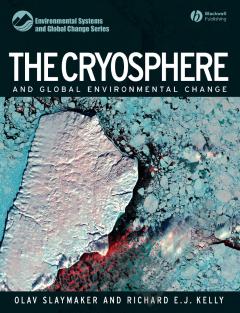
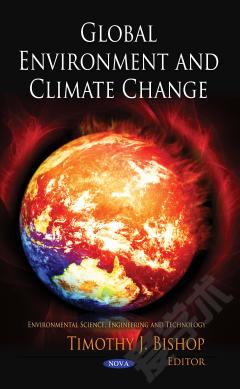

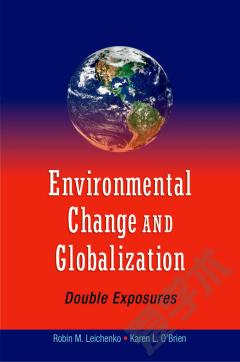
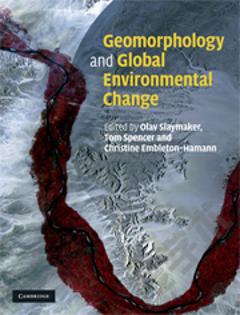
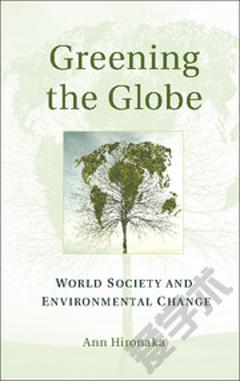

 京公网安备 11010802027623号
京公网安备 11010802027623号